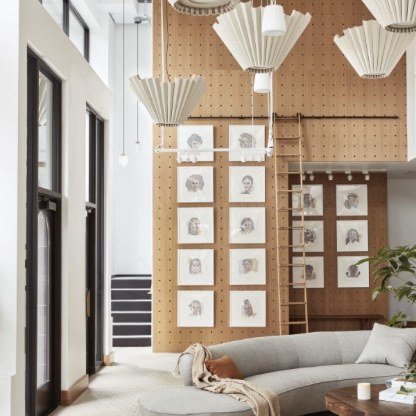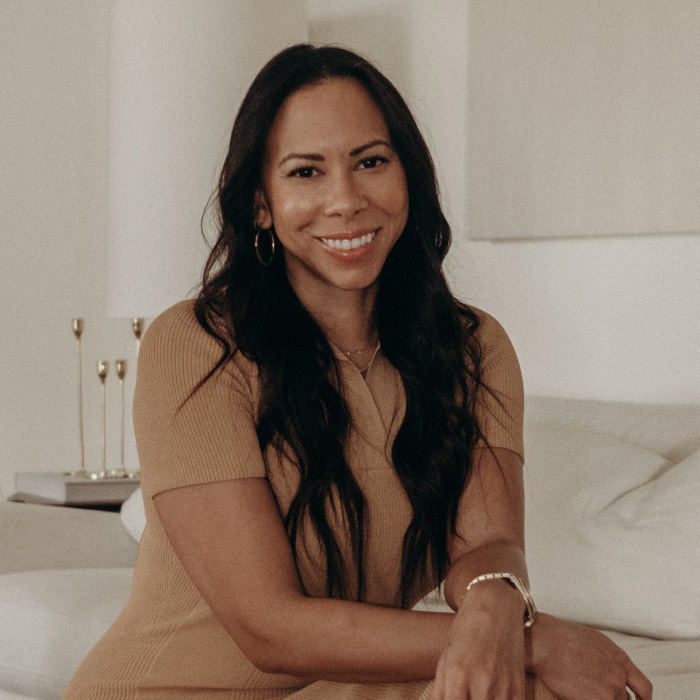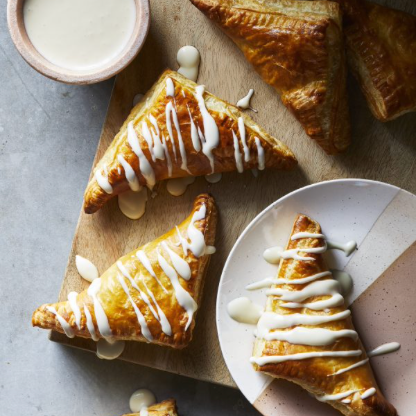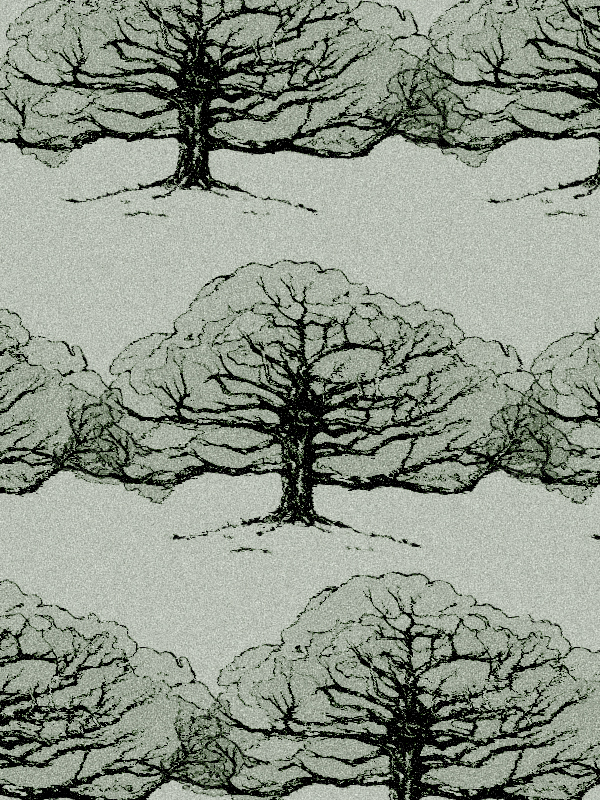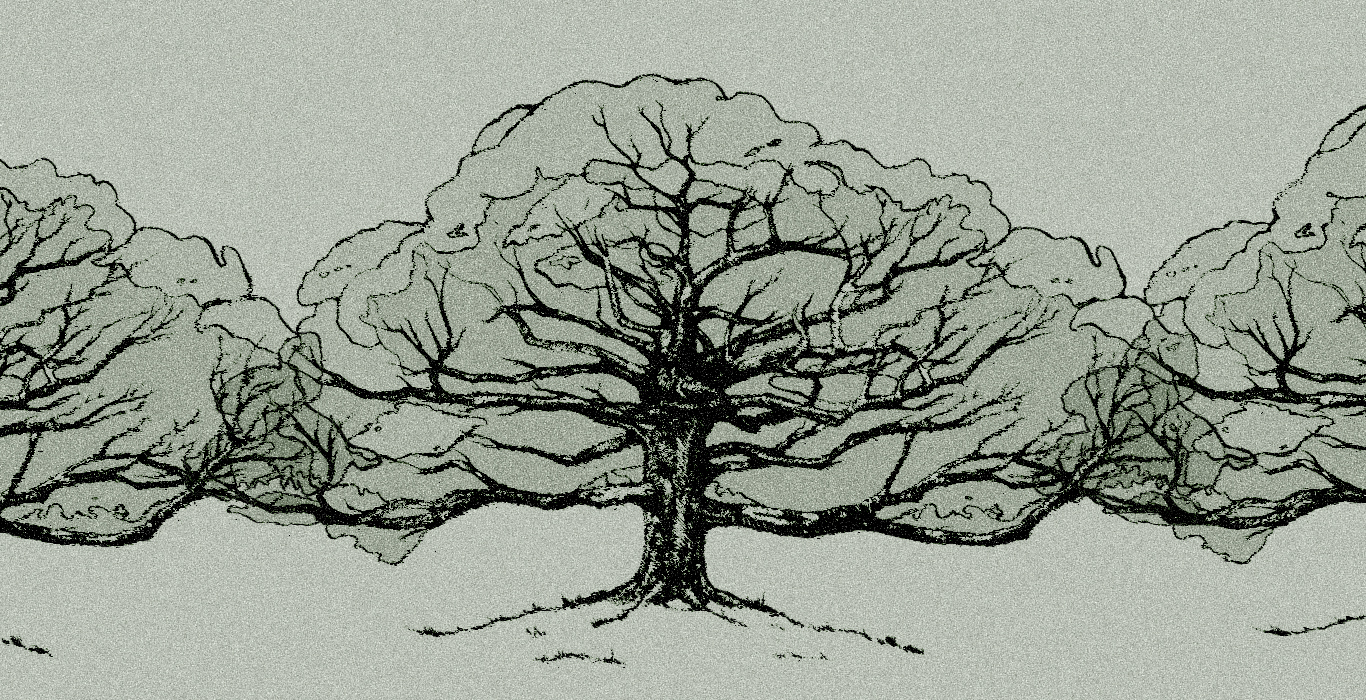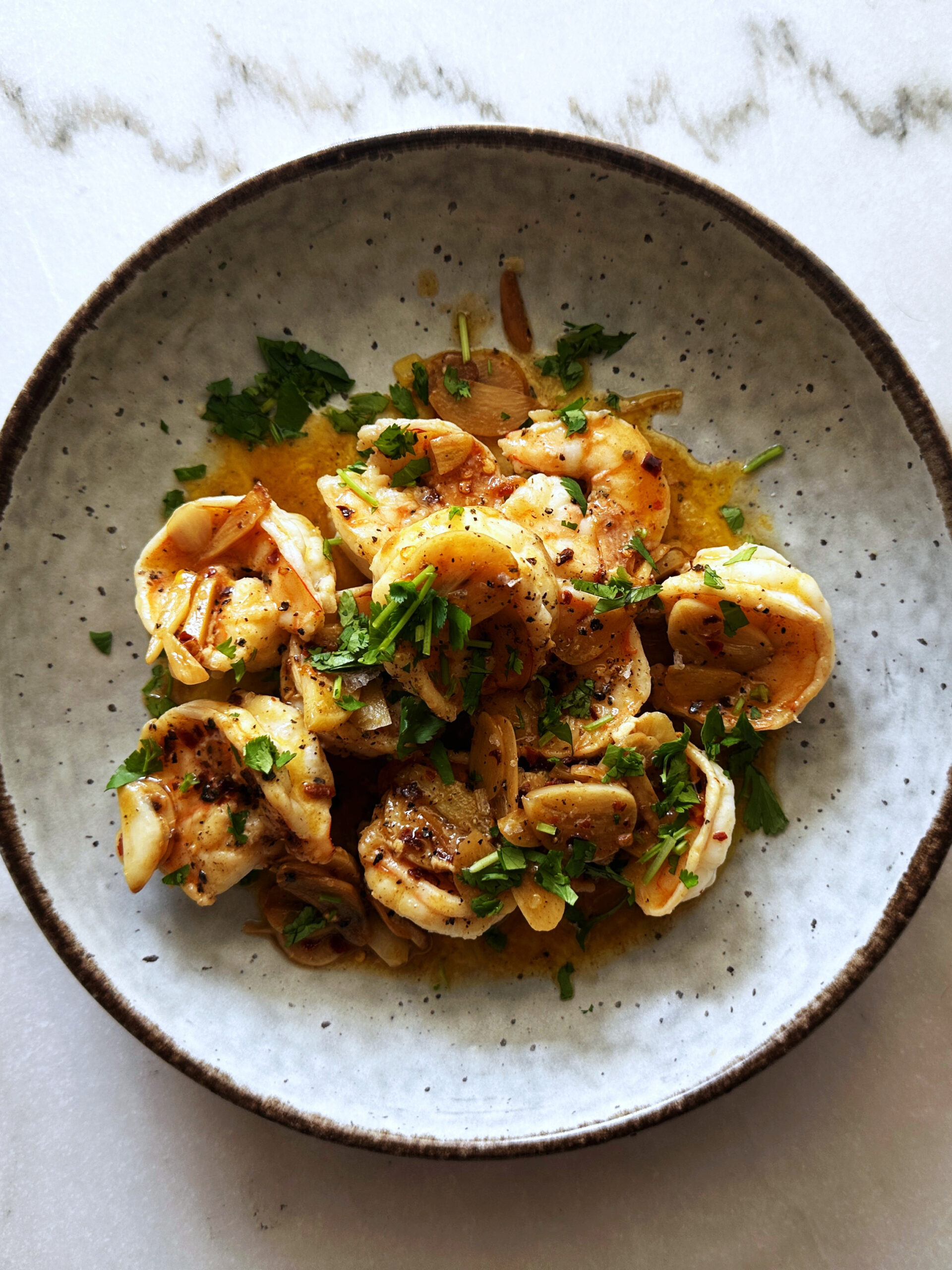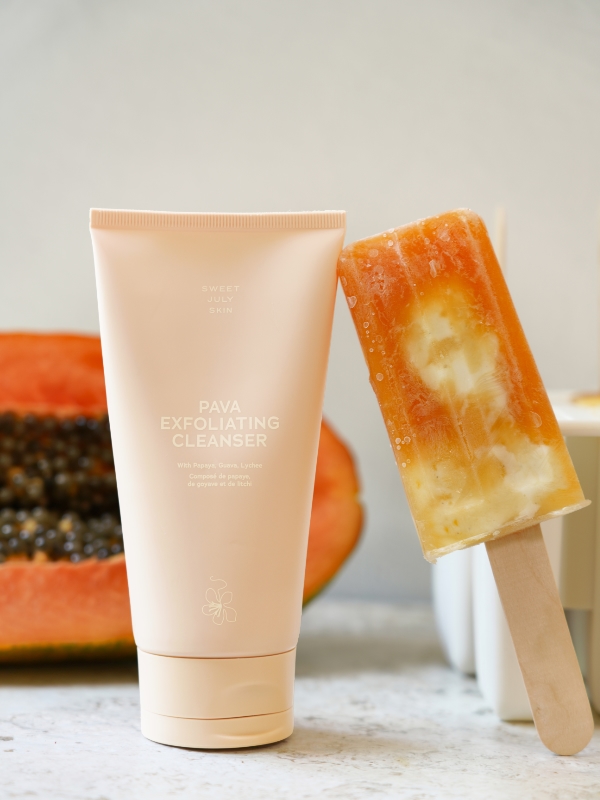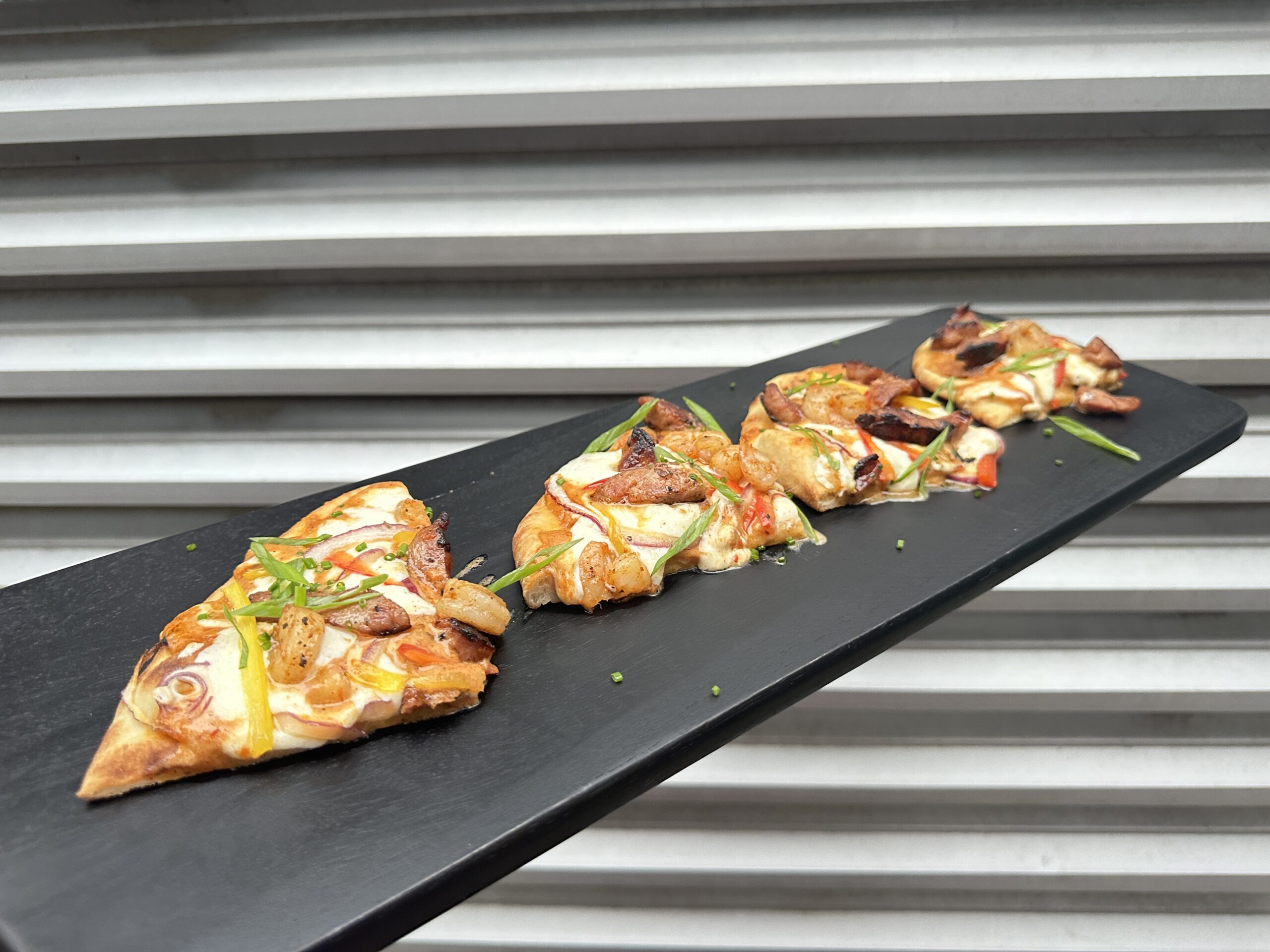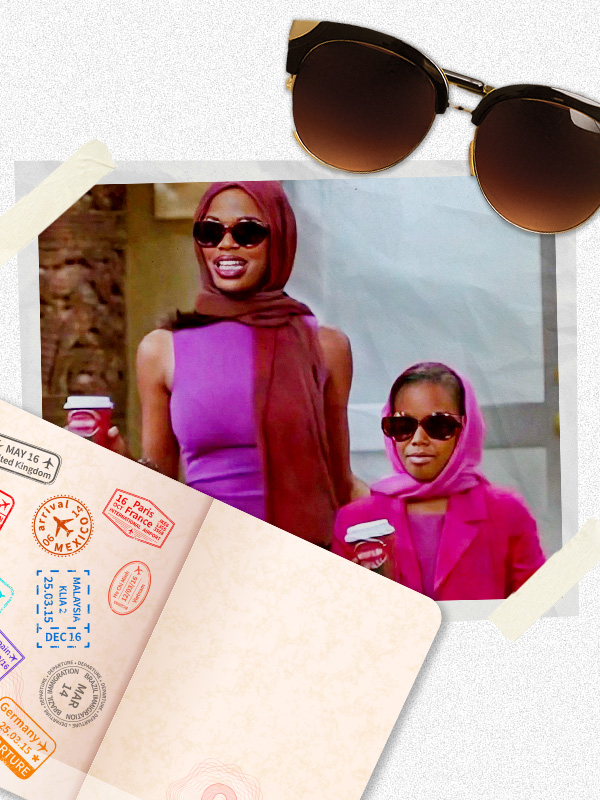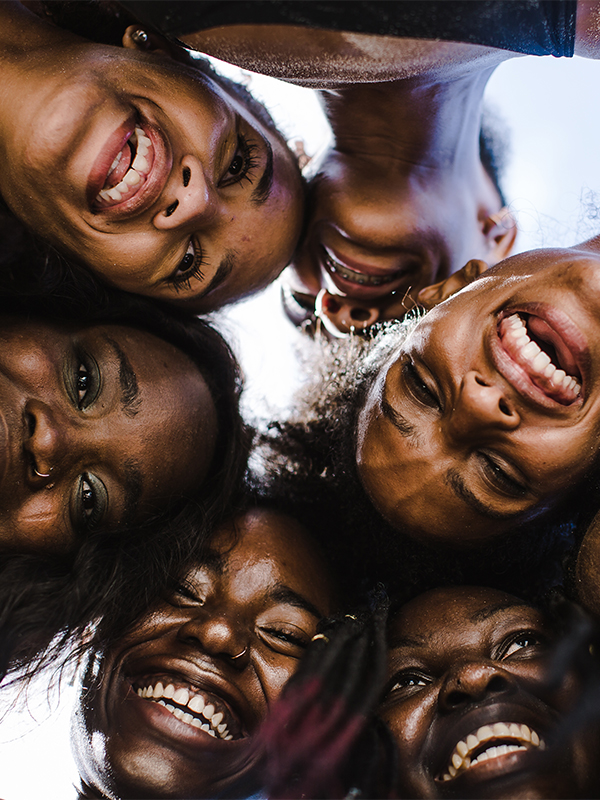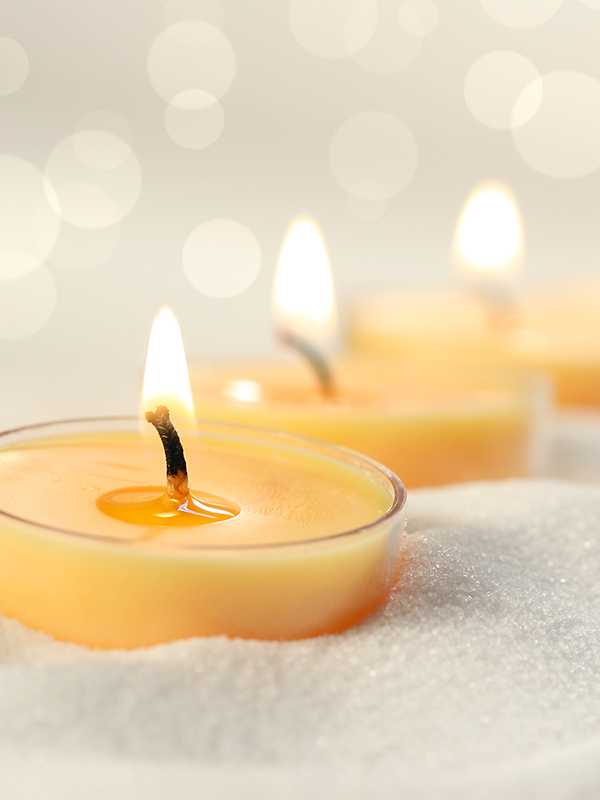For me, being with my friends has always felt like home. That’s why now, with my own children, when I talk about going to visit cousins or seeing aunts and uncles, their first thought isn’t of the bevy of biological family but rather my best friends and their children.
Perhaps this experience stems from being raised in Los Angeles and having an understanding, if not an appreciation, for gang culture. While it’s a concept often associated with violence, it could also be seen as a group, community or collective anchored in shared values. One could also argue the concept of the clique—something I was familiar with growing up in the 90s and early aughts—evolved from it.
My 90s clique was complete with a name and signature clothing item (some even had a hand sign). The one that stood the test of time is the D.R.C. (Da Royale Court). This was and is a group of girls I call my own.
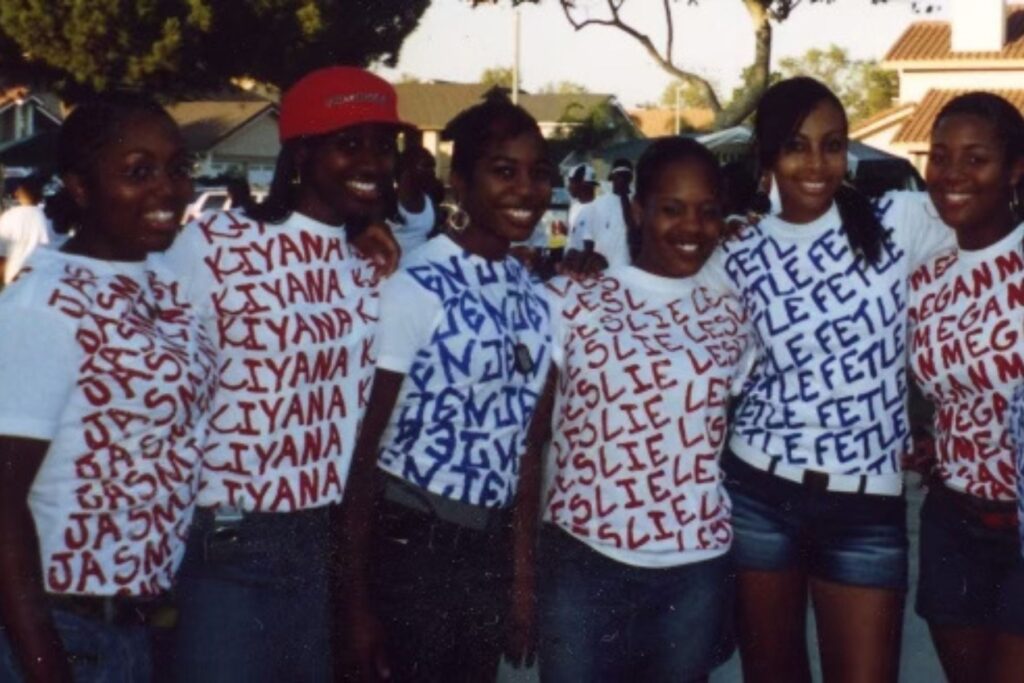
Fledged out of proximity in school and church, we bonded over our shared experiences in being othered. We were Black girls who knew what it felt like to be the only or one of a few in many spaces. Years later, those juvenile bonds blossomed into solid adult friendships. These women are who I turn to for everything in my life. This is my family. Though the iterations of the group have changed and shifted throughout the years, the constant has been that I’ve created bonds with girls who have become the women I now turn to for everything in my life.
Merriam-Webster defines family as: “The basic unit in society traditionally consisting of two parents rearing their children or a group of persons with common ancestry.” The oldest dictionary publisher adds new words every year but does it alter definitions? Maybe it’s time. The idea of family feels much more layered than that.
Fellow native angeleno, Kiyana Turner, shares this sentiment. “I’ve had the same best friends—my chosen family—since grade school,” says Turner. “We’ve grown up together, through adolescence, puppy love crushes and first heartbreaks, moving away for college, living in multiple states, career transitions, relationship highs and lows, standing by one another’s side as we committed to our spouses, navigating motherhood, and so much more. I don’t have biological sisters but I have experienced the purest sisterhood through my long-term friendships and sorors.”
Post by @kikiagborView on Threads
Megan Mitchell, an educator and mother of two, took the family-isn’t-just-blood theory to legal heights. She, alongside with her husband James, have decided to make their daughter’s non-blood related godparents the beneficiaries of their estate and the guardians of their children in the event of their untimely death.
“I love my family, but to be honest our values are different and I want to be sure my children are raised in the way they would be if we were here,” says Mitchell. “That means making sure their money and care goes into the hands of people who have the same mindset we do. It isn’t for a lack of love.”
I found this choice to be revolutionary. If there was ever an indicator that family and how we view it has shifted, a decision of that magnitude is it. In this same way, I am reminded of a dear friend of mine who battled with a life-threatening diagnosis in 2020 that resulted in her having to undergo brain surgery as we endured a pandemic worldwide. While the expectation was that her family would be ever-present and supportive through her recovery, she found that it was her community of friends that showed up in the ways she most needed to get through that tumultuous time. She said, of the experience, “This time in my life was spiritually transformative and felt sacred. Surprisingly, it wasn’t blood family members as some might expect—my small and extremely supportive circle was friends. They were dependable and available to pray with me, encourage me, provide resources for me, and believe in me. Their love was medicine for me.”
In conversations around the topic of chosen family, I discovered that people often gravitate toward non-blood ties in search of being seen as their whole selves. The trauma and experiences many have encountered in their born families haven’t always been conducive to who they feel they are at the core. We are learning that negative familial experiences shouldn’t be excused simply because we’re conditioned to think our biological relatives will always know what’s best for us.
That being said, the idea isn’t that your chosen family has to fully replace your birth family, but that the two can coexist together. People should be allowed to seek and participate in nurturing relationships outside of their biological family unit without ridicule or ostracization. The ultimate goal is to have a support system rooted in love.
This feature is part of The Village Issue. Read more about the gamut of our most cherished relationships here.

